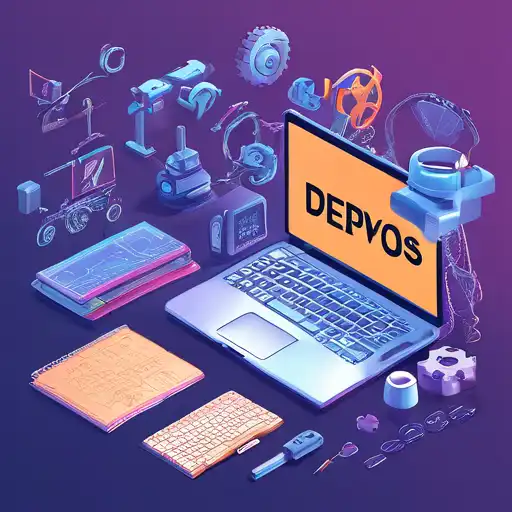Introduction to DevOps in 2023
As we step into 2023, the DevOps landscape continues to evolve, bringing forward tools that promise to streamline development and operations processes more efficiently than ever. This guide highlights the essential DevOps tools you need to know to stay ahead in the game.
1. Continuous Integration and Continuous Deployment (CI/CD) Tools
CI/CD pipelines are the backbone of DevOps practices. Tools like Jenkins, GitLab CI/CD, and CircleCI have dominated the scene, offering automation for testing and deployment processes. These tools help in reducing manual errors and accelerating the delivery cycle.
2. Infrastructure as Code (IaC) Tools
IaC tools such as Terraform and Ansible allow teams to manage infrastructure through code, making it easier to provision and manage servers, databases, and networks. This not only speeds up the deployment process but also ensures consistency across environments.
3. Containerization and Orchestration Tools
Containerization has revolutionized the way applications are deployed. Docker remains the go-to tool for creating lightweight, portable containers. For orchestration, Kubernetes leads the pack, enabling automated deployment, scaling, and management of containerized applications.
4. Monitoring and Logging Tools
Effective monitoring is crucial for maintaining the health of applications and infrastructure. Tools like Prometheus for monitoring and ELK Stack (Elasticsearch, Logstash, Kibana) for logging provide real-time insights into system performance and help in quick troubleshooting.
5. Version Control Systems
Version control is essential for collaborative development. Git, along with platforms like GitHub and Bitbucket, facilitates code sharing and collaboration among team members, ensuring that changes are tracked and managed efficiently.
6. Cloud Platforms
Cloud platforms such as AWS, Azure, and Google Cloud offer a range of services that support DevOps practices, from computing resources to AI and machine learning tools. Leveraging these platforms can significantly enhance your DevOps strategy.
Conclusion
The DevOps tools landscape in 2023 is rich and varied, offering solutions for every aspect of the software development lifecycle. By integrating these tools into your workflows, you can achieve greater efficiency, reliability, and speed in your development and operations processes. Stay updated with the latest trends and tools to maintain a competitive edge in the fast-evolving tech world.
